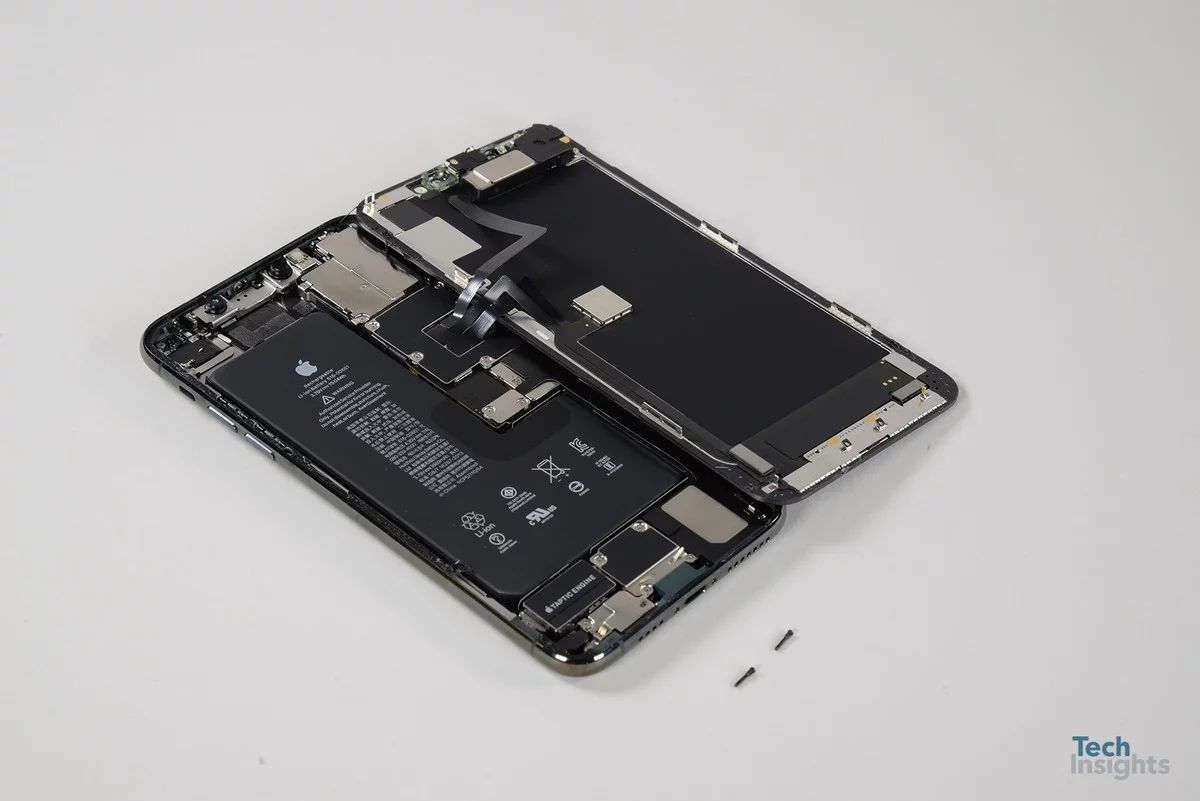 4838
4838
 2020-01-17
2020-01-17
Apple is known for designing some of the most performant chips around and the current A13 is no different. Beating at the heart of iPhone 11 and iPhone 11 Pro, the A13 is already very fast indeed. But the next iPhones will likely move to the A14. And that's going to be even quicker.

How quick? That's something Jason Cross has been looking at over on Macworld, and the signs are very good. As Cross notes, the move to 5nm manufacturing with the A14 will give the chip a boost without any more work being done. But higher clock speeds will see the chip go beyond that, and even close to chips powering Apple's 15-inch MacBook Pro.
The A13 was the fastest mobile chip around when it launched in September 2019 and it was around 20% faster than the A12 that came before it. And if Apple follows that pattern we're in for a very capable iPhone 12.
Simply following the trend line (which is quite consistent for recent A-series processors) we could expect the A14 to score close to 1,600. The purported 15 percent clock speed boost afforded by the 5nm process alone would give us around 1,530. My guess is that Apple will likely wind up in the 1,800 range, due to both higher peak clock speeds and some architectural improvements made possible by the much higher transistor budget.
It's in the multi-core performance that the A14 is likely to start pushing powerful notebooks, though.
The trend line gives us a score around 4,500, but I think a combination of architectural changes and clock speed will give us a lot more. I wouldn't be surprised if the Geekbench 5 multi-core score creeps up to 5,000 or so.
For what it's worth, the fastest Android phones score around 3,000 on this test, and a score of 5,000 would be similar to 6-core mainstream desktop CPUs or high-end laptop CPUs. It's 15-inch MacBook Pro territory.
If the A14 is indeed as capable as we expect it to be it will surely renew calls for Apple to move away from Intel and bring the A-series to Mac. A-series chips are fast, power-efficient, and cool. All things Intel really seems to struggle with delivering.
Source: iMore